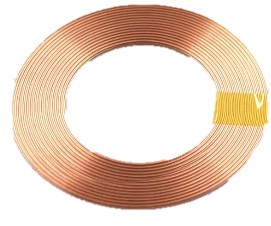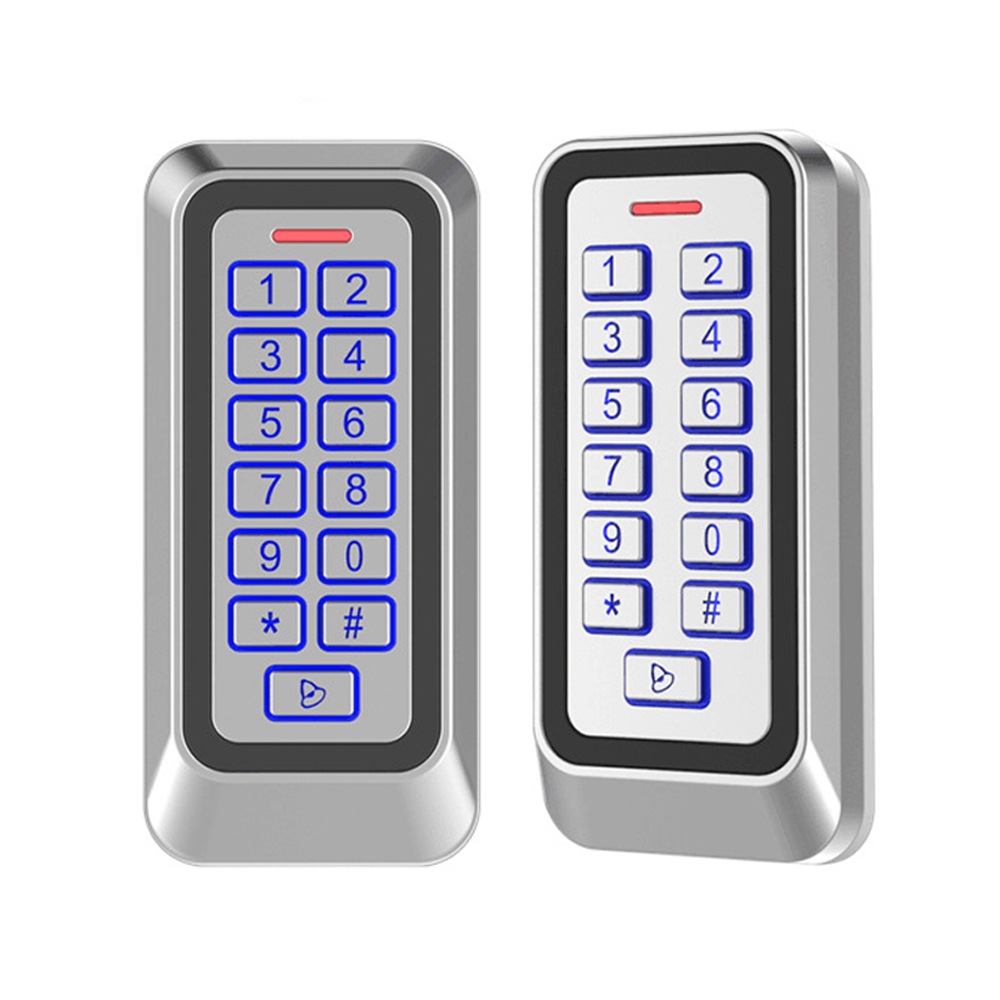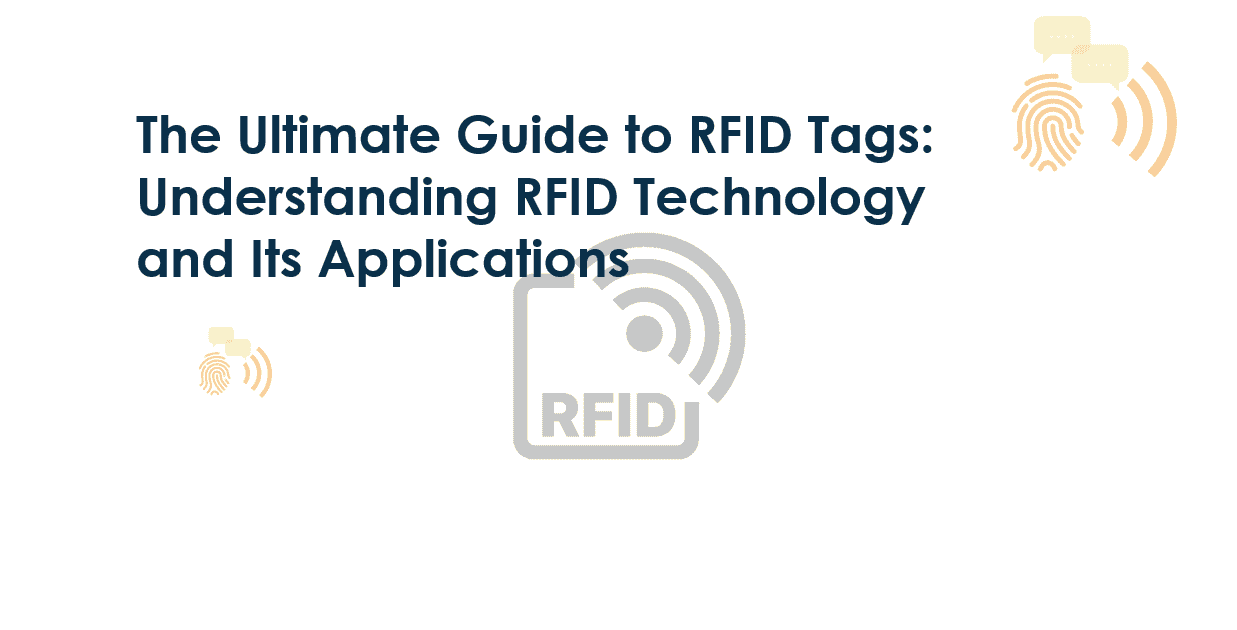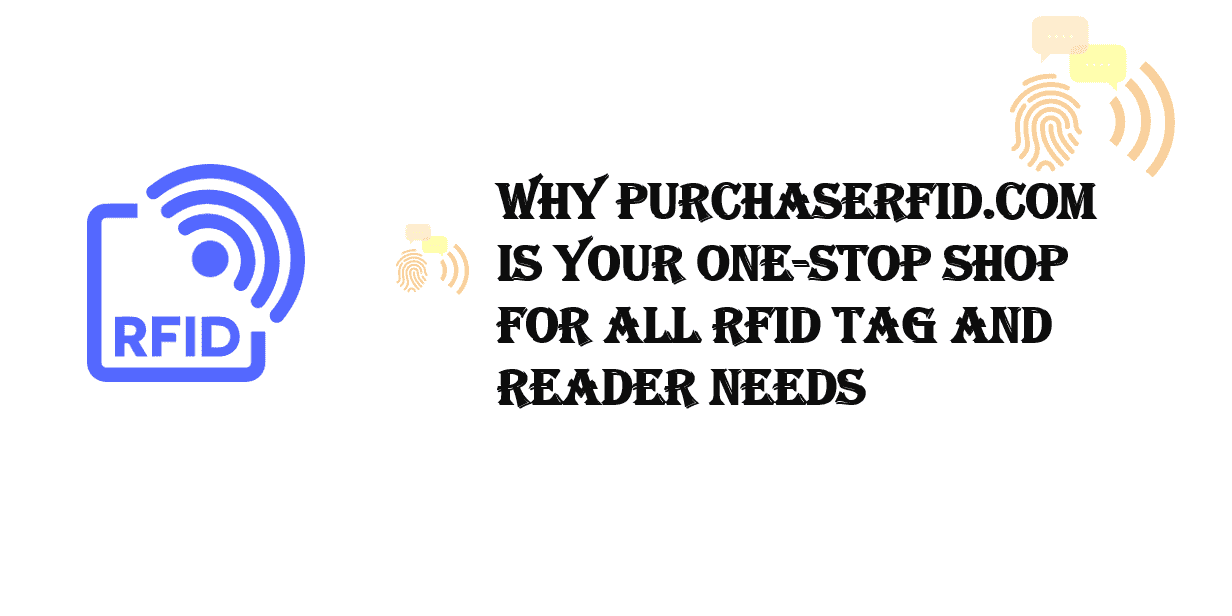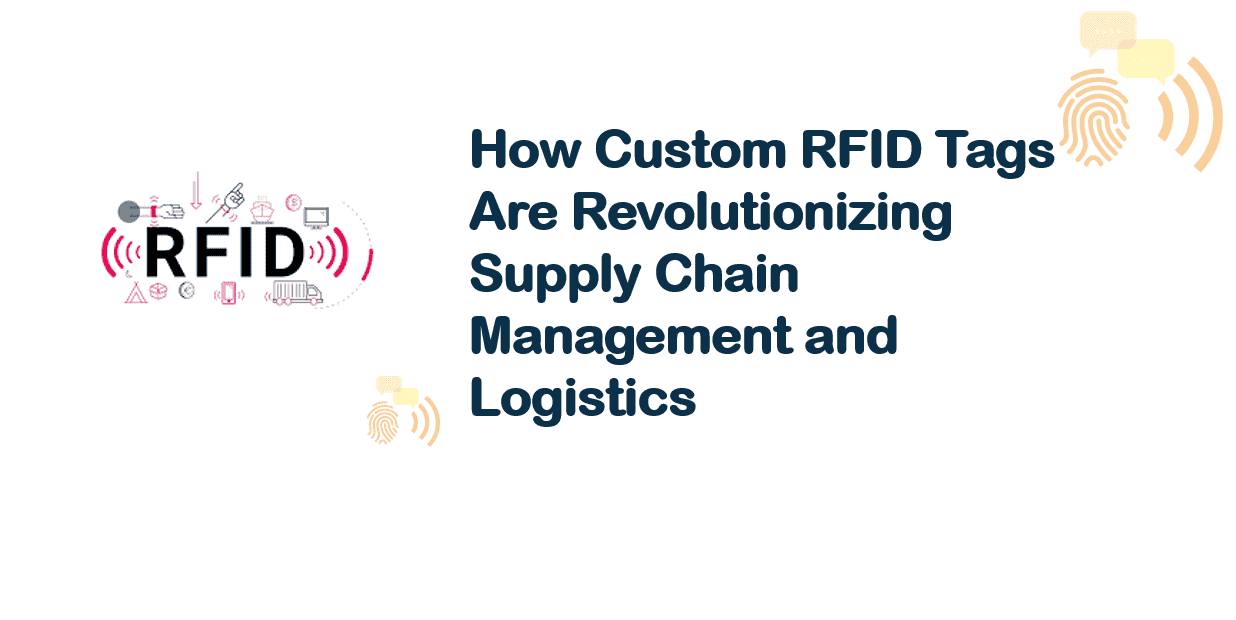Top RFID Solutions for Livestock Identification and Tracking
Top RFID Solutions for Livestock Identification and Tracking
In recent years, the agriculture industry has witnessed a significant transformation with the adoption of advanced technologies. One of the most impactful innovations is RFID (Radio Frequency Identification), particularly in the context of livestock identification and tracking. RFID for agriculture has not only streamlined management practices but also enhanced animal welfare and productivity. This article explores the top RFID solutions for livestock identification and tracking and their role in modern agricultural practices.
Table of Contents
What is RFID in Livestock Tracking?
RFID livestock tracking uses radio waves to automatically identify and track animals through RFID tags. These tags contain a microchip that stores unique identification information. When the RFID tag comes into proximity to an RFID reader, it transmits the data, enabling farmers and ranchers to monitor each animal's location, health, and history.
RFID technology offers numerous advantages over traditional methods of livestock identification, such as ear tags or tattoos, by providing real-time, accurate, and automated tracking. This improves operational efficiency and enables farmers to make data-driven decisions.
Benefits of RFID Livestock Tracking
-
Enhanced Animal Management: RFID allows for accurate and easy tracking of livestock, reducing the risk of lost or misplaced animals. With RFID tags, farmers can instantly access key information, such as birth dates, vaccination records, and medical histories, leading to more efficient animal management.
-
Improved Traceability and Compliance: With increasing consumer demand for transparency in food production, RFID for agriculture enhances traceability. It provides real-time tracking of an animal's journey from farm to table, ensuring compliance with industry standards and regulations.
-
Better Health Monitoring: RFID livestock tracking helps farmers monitor the health and behavior of animals. RFID-enabled systems can collect data on an animal’s weight, movement, and eating habits, alerting farmers to potential health issues or the need for veterinary intervention.
-
Labor Efficiency: Traditional livestock identification methods require manual input, which can be time-consuming and error-prone. RFID automates data collection, reducing the need for manual labor and improving overall operational efficiency.
-
Improved Breeding Programs: By storing genetic information and breeding records in RFID tags, farmers can make informed decisions about animal breeding, improving herd quality and productivity over time.
Top RFID Solutions for Livestock Identification and Tracking
- Allflex Livestock Intelligence
Allflex is one of the pioneers in RFID technology for livestock. Their RFID tags and systems offer a comprehensive solution for livestock identification, monitoring, and tracking. Allflex's range includes ear tags, bolus tags (for ruminants), and collar tags for sheep and goats. Their smart RFID technology allows farmers to collect data on animal movements, behavior, and health.
Allflex’s systems are compatible with cloud-based platforms, enabling farmers to access data remotely. The company also offers RFID tags with integrated sensors for temperature monitoring, which is especially useful in managing livestock health.
- Zara RFID Solutions
Zara RFID provides innovative livestock tracking solutions tailored to the needs of farmers and ranchers. Their RFID tags are durable, lightweight, and designed to withstand the challenging conditions of agricultural environments. Zara's solutions include both passive and active RFID systems, offering flexibility in tracking animals across large farms.
The Zara system allows farmers to track their livestock in real-time, collecting data on feeding patterns, movements, and growth rates. With its easy-to-use software platform, Zara RFID helps improve livestock management while increasing productivity.
- Gallagher Animal Management Systems
Gallagher, a well-known name in animal management, offers a range of RFID livestock tracking solutions. Their systems are designed for use in a variety of farming environments, including large-scale operations. Gallagher's RFID tags come in different forms, such as ear tags, neck collars, and bolus tags for cattle.
One of Gallagher’s standout features is its integration of RFID technology with automated weighing and health monitoring systems. The company’s advanced software allows farmers to monitor livestock performance and make data-driven decisions. This integration is particularly valuable for monitoring herd health and managing breeding programs.
- ScrambleNet by Agri-Tech
ScrambleNet by Agri-Tech is a comprehensive RFID-based tracking and management system that aims to revolutionize livestock management. This solution offers RFID livestock identification and tracking combined with advanced analytics. ScrambleNet can track the location, weight, and health status of animals in real-time.
The system is scalable, allowing small farms to large-scale operations to benefit from its capabilities. ScrambleNet's RFID tags are robust and feature real-time alerts for abnormal behavior or potential health issues. The platform’s powerful data analytics also helps farmers optimize breeding cycles and feeding practices.
- Dairymaster’s ID4Cattle System
Dairymaster’s ID4Cattle system is a cutting-edge RFID solution for the dairy industry. This system allows for automatic identification of cattle through RFID tags. The ID4Cattle system integrates seamlessly with Dairymaster’s automated milking equipment, enabling farmers to track milking times, milk yield, and cow health data.
This system not only tracks livestock but also enhances milking efficiency and quality control, making it a top choice for dairy farmers looking to improve productivity while ensuring the welfare of their animals. Dairymaster’s system also integrates with cloud-based platforms, enabling remote monitoring and decision-making.
RFID for Agriculture: The Future of Livestock Management
As the agriculture industry continues to evolve, RFID for agriculture is set to play an even more significant role in improving efficiency, animal welfare, and productivity. The adoption of RFID solutions for livestock identification and tracking is helping farmers reduce costs, enhance the traceability of animals, and improve herd management.
With advancements in RFID technology, such as longer battery life for active tags, more accurate sensors, and advanced data analytics, the potential of RFID solutions in livestock management is limitless. Farmers will increasingly rely on RFID to enhance operations, drive sustainability, and meet the growing demand for transparent and humane food production.
Conclusion
In conclusion, RFID livestock tracking has revolutionized the way farmers manage and care for their animals. Solutions like Allflex, Zara RFID, Gallagher, ScrambleNet, and Dairymaster are leading the way in RFID-based livestock identification and tracking, offering practical tools to enhance productivity, traceability, and animal welfare. As RFID technology continues to evolve, its integration into the agriculture sector will provide even more powerful tools to support sustainable and efficient farming practices.
Related Products
Here are some statistics and facts that can be incorporated into your article on RFID Solutions for Livestock Identification and Tracking to enhance its authority and relevance:
Statistics and Facts
-
Global Adoption of RFID in Agriculture
- According to a 2021 report by Grand View Research, the global RFID in agriculture market is expected to reach USD 5.87 billion by 2027, growing at a 10.4% CAGR from 2020 to 2027. This indicates a strong trend toward the adoption of RFID technology in the agricultural sector, including livestock management.
-
Increased Efficiency with RFID
- A study published by Farm Industry News found that farmers using RFID technology for livestock management reported a 20% increase in operational efficiency by reducing the time spent on manual tasks such as identifying and tracking animals.
-
Livestock Health Monitoring
- According to University of Wisconsin-Madison, RFID-enabled systems that monitor livestock health through sensors can detect signs of illness up to 48 hours earlier than traditional methods, allowing for quicker intervention and treatment.
-
Traceability and Consumer Demand
- A 2019 report by Food Safety Magazine highlighted that 80% of consumers say they prefer products with clear traceability. RFID enables precise tracking of an animal's journey from farm to table, giving consumers confidence in food safety and ethical practices.
-
RFID for Animal Identification
- The World Organisation for Animal Health (OIE) reports that over 150 countries have implemented animal identification systems using RFID to enhance traceability and biosecurity, especially in response to animal disease outbreaks.
-
Cost Savings with RFID Systems
- A case study by Allflex showed that farms using RFID technology for livestock tracking and identification can save up to 30% in operational costs annually, mainly through reduced labor, fewer errors, and improved herd management.
-
RFID in Dairy Farms
- Dairy farms using RFID systems for automatic milking and monitoring report an average increase of 10% in milk yield per cow, according to Dairymaster, a leader in RFID solutions for dairy operations.
-
Growth in RFID Tags
- In the U.S. alone, it’s estimated that more than 50 million RFID tags are used annually in livestock identification, with this number expected to rise significantly as more farms adopt this technology.
-
Global RFID in Livestock Tracking
- The International Livestock Research Institute (ILRI) reported that RFID adoption has improved livestock productivity in developing countries by as much as 15-20%, especially in terms of improving breeding programs and herd health monitoring.
-
RFID Market in Livestock
- According to Research and Markets, the livestock RFID market in North America alone is expected to grow at a 5.3% CAGR between 2023 and 2028, fueled by growing demand for traceability, food safety, and improved farm productivity.
Conclusion
These statistics and facts demonstrate the significant impact of RFID technology on livestock identification and tracking. With growing adoption worldwide, RFID solutions are improving operational efficiency, animal welfare, and farm productivity. The data clearly shows how RFID is becoming an essential tool for farmers and ranchers to meet the evolving demands of the agriculture industry.
